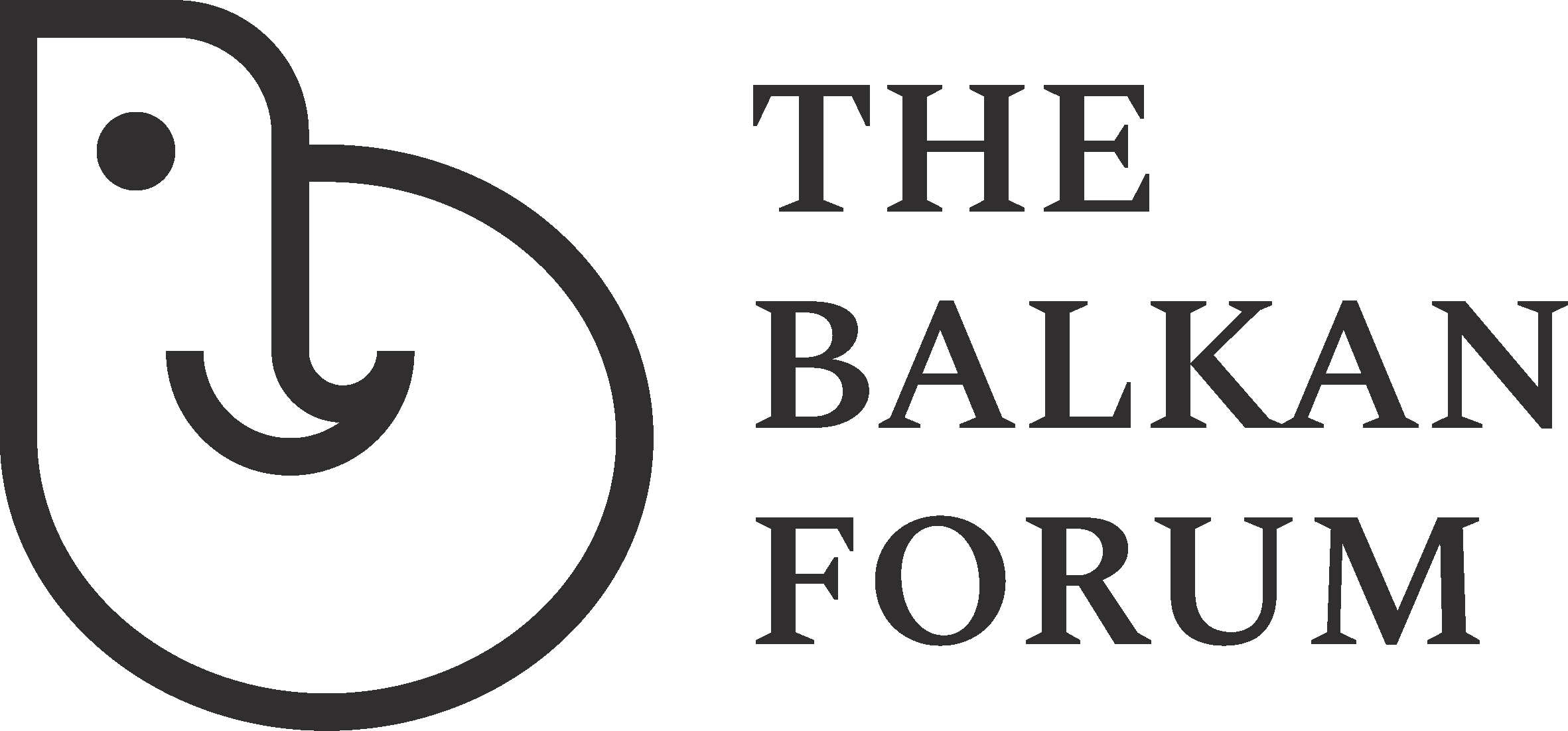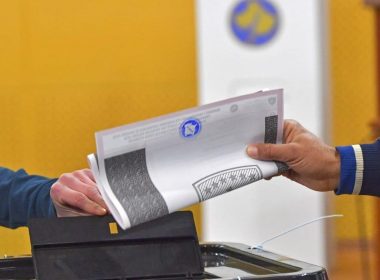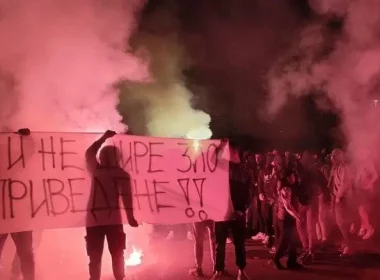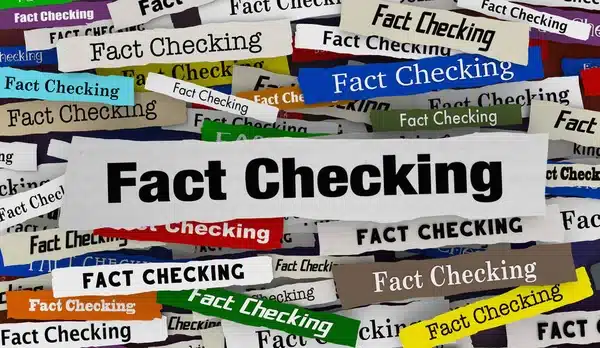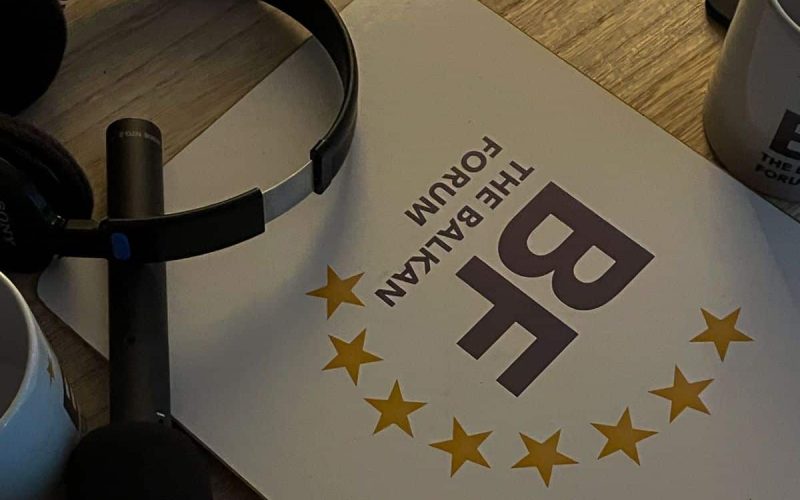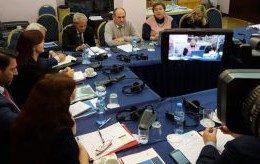In an age where information circulates instantaneously, disinformation has emerged as a formidable threat to the fabric of society and political stability. No longer confined to fringe conspiracy theories, the deliberate spread of false information has infiltrated mainstream discourse, manipulating public opinion, undermining trust in institutions, and even influencing elections. As technology evolves, so too do the tactics of those who wield disinformation, making it a pressing issue that demands our immediate attention and action.
Disinformation refers to the intentional dissemination of false or misleading information with the aim of deceiving or manipulating the public. Unlike misinformation, which is incorrect information shared without malicious intent, disinformation is strategically crafted to mislead people, influence public opinion, or undermine trust in institutions. Certainly, while disinformation presents a significant challenge globally, its impact is especially noteworthy in regions with younger democracies and less resilient institutions, such as the Balkans and Central and Eastern Europe, including countries like Czech Republic, Slovakia, Poland and Kosovo.
Disinformation in Poland and its impact
The disinformation activities in the Visegrad countries, although with varying degrees of intensity from country to country, have been developed for a long time. In Poland disinformation activities intensified since the annexation of Crimea in 2014. A characteristic feature of the disinformation space in Poland is its dispersion and its bottom-up, often localized nature. It has to be added, that at the same time, the activities of (mainly) Russian secret services, diplomacy and specialized units are not insignificant in the disinformation space. A special role in the spread of disinformation is played by dedicated websites, social media groups and various discussion forums in the online space. Each of these forms of disinformation targets different groups of population due to their specific social and demographic characteristics. The problem of spreading (most often Russian) disinformation is a long-standing issue in Poland, as in the whole Visegrad Group countries, and the intensification of this process has become priority for some foreign operations in the region.
As the study of a survey conducted by the Digital Poland Foundation and the Demagog Association shows that some of fake news are believed by tens of percent of Poles. In fact, almost one in three Poles (30 per cent) believes that further pandemics have already been planned, and what’s most important 38% believe that Poland has lost its sovereignty and is being controlled by the European Union. These results show what a dangerous and politically effective tool disinformation can be. Especially as, in the case of Poland, the European Union remains the most important organisation for the state, both economically and politically, guaranteeing the country’s social, cultural, economic and political security.
A threat to Kosovo?
Experience with disinformation, as well as with countering disinformation in the V4 region countries, can be crucial for the WB6 countries, especially Kosovo, whose international situation remains complex. Kosovo, which is seeking EU membership, needs public support for this initiative. In other words there are no space for public skepticism that disinformation may bring. Thereby building public resilience against disinformation may be crucial for Kosovo’s security and further European integration process. In this case, there are some good patterns, or rather lessons learned mostly in Poland and the Czech Republic regarding countering fake news mechanism that Kosovo can learn from. Here are some noteworthy examples:
- Strong Fact-Checking Organizations. The fact-checking organizations are important for several reasons such as promoting truth and accuracy, supporting informed decision-making, strengthening democratic processes, clarifying complex social issues, correcting misinformation. In Poland and in the Czech Republic there are successful, socially recognized and trustworthy fact-check organizations such as Demagog (Poland) or Demagog.cz (Czech Republic) that play a crucial role in maintaining the integrity of information in both countries, helping to ensure that public discourse is based on accurate and verified information.
- Educational Campaigns, ran often by the local NGO’s. Nongovernmental sector plays a significant role in fighting disinformation by leveraging its resources, expertise, and networks to promote accurate information and fighting falsehoods. The nongovernmental sector is being present in many areas such as mentioned above fact-checking and verification of the information, education and media literacy development, advocacy campaigns, research, monitoring and reporting and/or running public awareness campaigns.
- Governmental initiatives, such as the cybersecurity and (cyber)infrastructure protection, as well as Academic initiatives, including student educations as well as providing expertise.
Despite the mentioned activities taken at various levels, both Poland and the Czech Republic, and to a much greater extent Slovakia and Hungary, lack comprehensive, broad inter-institutional cooperation in countering disinformation. Therefore, for both the V4 countries and Kosovo, it is recommended to:
- develop and adopt a state information security strategy,
- introduce media and information education in the educational programs, combined with the teaching of critical thinking,
- create new and support already existing spaces and forms of social dialogue
- conduct a positive long-term social campaigns on countering disinformation.
- develop cooperation between the state institutions and civil society organizations in the area of disinformation
- understand the phenomenon of disinformation as a social problem
- respect and ensure the safety of public media
- build a public trust in the government and state authorities.
This article was written in the framework of the project “Countering False Information in Kosovo: Experience-Sharing between V4 and Prishtina”, supported by The Visegrad Fund

Author: Szczepan Czarnecki, Senior Analyst at the Institute of Central Europe in Lublin, Poland and Assistant at the Department of Sociology and the Cultural Anthropology at the Palacký University in Olomouc, Czech Republic. Szczepan Czarnecki was previously engaged in the research projects on civic society development in CEE: “Missing Link”: Exploring Organized Interests in Post-Communist Policy Making implemented by Goethe University in Frankfurt Germany and Opole University in Poland and Filling the Blanks research project of Polish Academy of Science. His scientific and analytical interest are focused on a Central and Eastern Europe, including civic society issues, ethnicity and democratic development.
